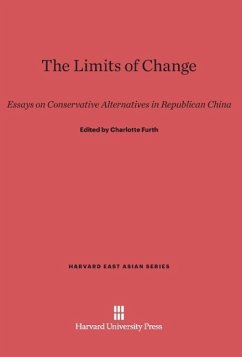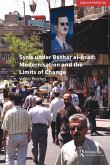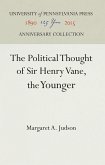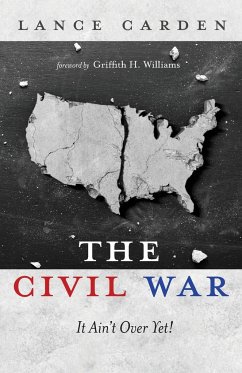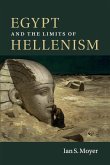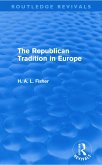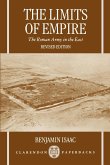The Limits of Change disputes the impression that the conservative ideas and styles of China's Republican period were neither strong nor persuasive enough to counter the ideas or the revolution of Mao. As the contributors to the book point out, these conservative movements reflected a modern outlook and shared a framework of common concepts with the radical movements they opposed.
In these essays we see the broad range of responses that conservatism in the Republican period took--from a new nativist historical consciousness, to quasi-Fascist theories of political mobilization, to efforts at a revival of Confucianism as a moral faith. Individual writers analyze the early Republican National Essence movement, the new Confucian humanism of the 1920s and afterwards, political ideology under Republican military dictatorships, and the ideas of modern literary conservatives. Two major interpretive essays place Chinese trends in the context of worldwide conservative responses to industrialization, political modernism, and the challenge of secularism. Through its far-reaching, detailed, and sympathetic assessment of the role of conservative ideology in China's modern intellectual experience, Limits of Change makes a distinguished contribution to Chinese studies.
In these essays we see the broad range of responses that conservatism in the Republican period took--from a new nativist historical consciousness, to quasi-Fascist theories of political mobilization, to efforts at a revival of Confucianism as a moral faith. Individual writers analyze the early Republican National Essence movement, the new Confucian humanism of the 1920s and afterwards, political ideology under Republican military dictatorships, and the ideas of modern literary conservatives. Two major interpretive essays place Chinese trends in the context of worldwide conservative responses to industrialization, political modernism, and the challenge of secularism. Through its far-reaching, detailed, and sympathetic assessment of the role of conservative ideology in China's modern intellectual experience, Limits of Change makes a distinguished contribution to Chinese studies.

